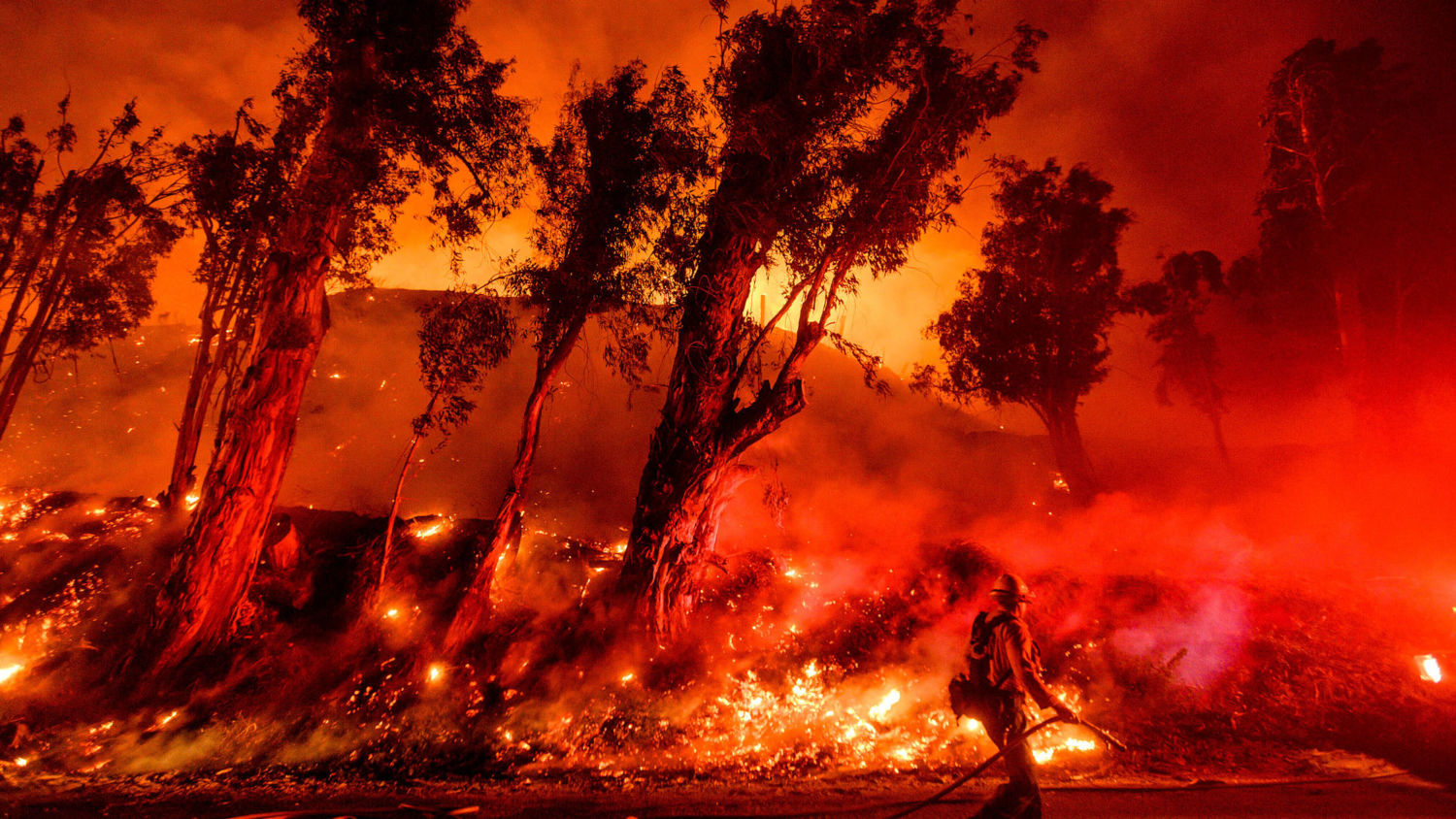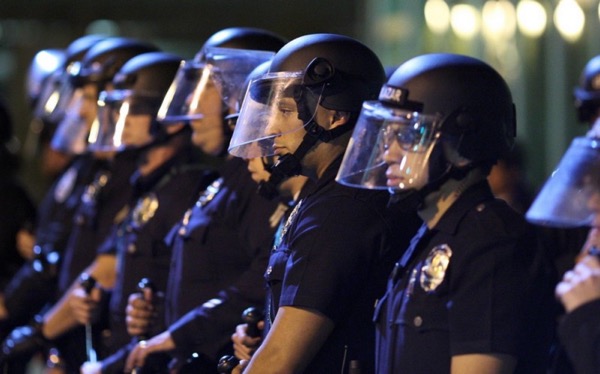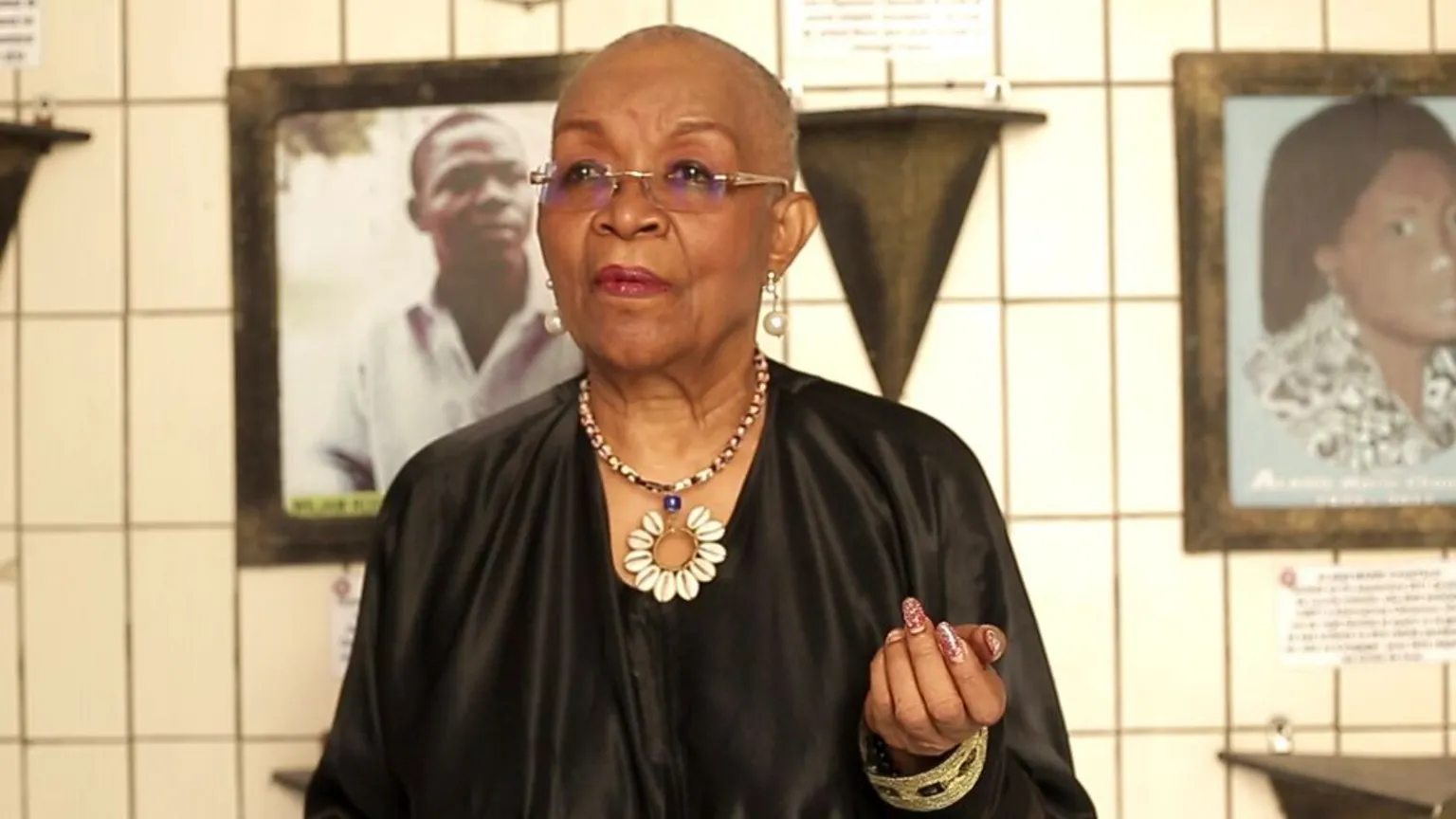The U.N. Secretary-General called on world leaders to take action to shield the Earth's 8.1 billion inhabitants from the devastating effects of recent heat waves, which have resulted in fatalities, power outages, and drought conditions worldwide.
While the four-point call-to-action might seem somewhat basic, scientists and health experts have been aware for a long time that human activity is warming the planet, posing a serious threat to humanity. However, the U.N. Secretary-General's blunt warning highlighted the increasing visibility and severity of the consequences of climate change in recent times.
“The one thing that unites our divided world is the fact that we are all experiencing the increasing heat,” Guterres stated on Thursday. He further emphasized, “Earth is becoming warmer and more perilous for everyone, regardless of location.”
Guterres' call to action included four recommendations for world leaders. The first is prioritizing the protection of their most vulnerable populations, as heat has a disproportionate impact on the elderly, pregnant women, those with preexisting health conditions, and low-income communities.
Secondly, it's essential to implement stronger safeguards for workers who are increasingly facing exposure to extreme heat in their workplaces. A recent report from the International Labour Organization, also published on Thursday, revealed that over 70 percent of the global workforce is subjected to excessive heat, and tragically, 4,200 workers worldwide lost their lives during heat waves in 2020.
Furthermore, Guterres urged leaders to bolster economic resilience by utilizing the most reliable data and scientific knowledge. Extreme heat poses a significant threat to economies by inflicting damage on infrastructure, agriculture, water resources, healthcare systems, power grids, and worker productivity.
Lastly, governments must continue to address the fundamental cause of rising temperatures by actively working towards keeping global warming below 1.5 degrees Celsius, the most ambitious goal established by the Paris Agreement.
This call to action coincides with a time of heightened global awareness—and suffering—due to extreme temperatures. Last year was the hottest on record, and scientists predict that 2024 is likely to surpass that record. The past June marked the 13th consecutive month to break a monthly global temperature record.
This situation represents the continuation of a long-term trend, with every year since 2014 ranking among the Earth's top 10 hottest. Furthermore, extreme heat has become the deadliest weather-related phenomenon globally. According to the U.N., it has claimed approximately 489,000 lives annually since 2000. Tragically, around 18,970 of these deaths each year are attributed to workers exposed to hazardous temperatures.
Despite its significant risks, extreme heat has often been overlooked and under-resourced compared to other climate-related disasters like hurricanes and wildfires. However, this is starting to shift. In recent years, leaders across the globe have begun to pay special attention to the dangers posed by increasingly intense heat waves.
Several cities have taken the step of appointing chief heat officers, including Los Angeles, Miami, and Phoenix in the U.S., as well as Melbourne in Australia, Athens in Greece, Freetown in Sierra Leone, Dhaka in Bangladesh, and Santiago in Chile. These officers are responsible for developing new strategies to reduce urban temperatures and safeguard residents during heat waves.
Furthermore, cities have been exploring new systems for naming or ranking heat waves, akin to how meteorologists classify hurricanes. A heat wave ranking program that was launched in Athens, Greece, in 2021 has now been expanded to six cities across the country. Additionally, California is currently in the process of developing its own heat wave ranking system, with plans to launch it by the end of this year.
Cities and states have also formulated heat action plans aimed at protecting their populations during heat waves. These plans involve issuing early warnings, setting up cooling centers, and deploying task forces to check on vulnerable individuals.
The effects of increasing heat are particularly pronounced in low-income and developing countries, many of which are situated in the hottest parts of the world and house some of the most vulnerable populations on the planet.
However, Guterres pointed out that extreme temperatures are now impacting wealthy individuals as well. He hopes that this call to action will motivate rich nations to invest more in global financing for heat adaptation and climate mitigation efforts.
He explained the current situation by stating, "Why is it happening now? Initially, climate change was not being felt by the majority of the population—or at least not by the majority of those who have significant influence in decision-making systems. ... Now, the heat is being experienced by those who have decision-making power. And that gives me hope."





























0 Comments